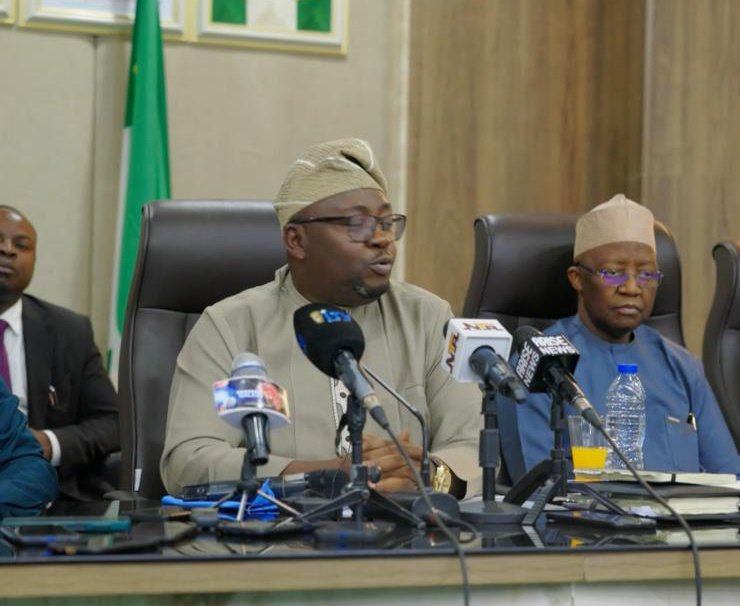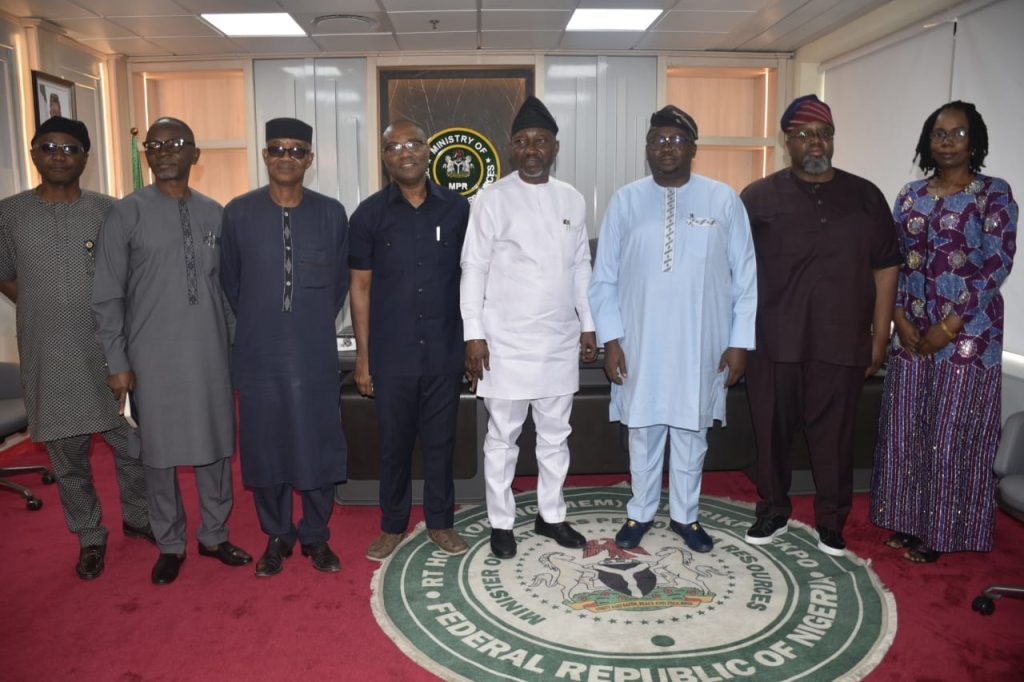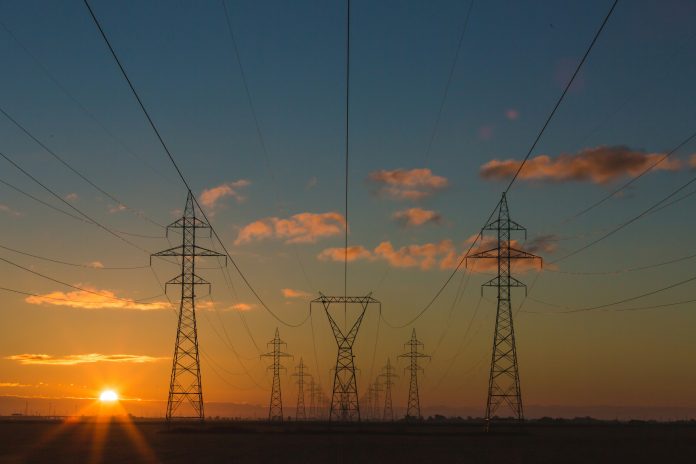In major cities, including Lagos, Abuja, and Port Harcourt, residents are complaining about the worsening power supply. The blackout in Nigeria has persisted for weeks in most parts of the country, disrupting the daily lives of citizens and affecting businesses and companies reliant on electricity for productivity.
On Sunday, February 4th, at around 11:51 AM, Nigeria witnessed another round of blackouts across the country as the Transmission Company of Nigeria (TCN)-operated grid went down. This made it the first grid collapse in 2024 and the beginning of Nigeria’s power supply woes. As a result of the collapse of the national power grid, the system’s capacity dropped from 2,407 megawatts to just 31 MW by midday and to zero by 1 PM.
With less than 50% of Nigeria’s population having access to a regular power supply, the continuous blackout in Nigeria is a significant setback for Nigeria’s economy and development, as the country is estimated to lose billions of dollars annually.
Minister of Power Shares Reason for Blackout in Nigeria

During a press conference on February 14, the Minister of Power, Honourable Bayo Adelabu, stated that “the recent power disruptions across Nigeria stem from the inability of major players in the Nigerian Electricity Supply Industry (NESI) to settle old and current debts, causing a broken system where GasCos withhold gas supply from GenCOs.”
“One major challenge is the non-cost reflective tariff, hindering DISCOs from meeting revenue targets and investing in reducing technical, commercial, and collection losses (ATC&C).”
“Currently, there’s a significant NGN1.6 trillion shortfall in wholesale tariffs, with an industry average ATC&C loss of 48%, indicating that nearly half of the electricity generated is not paid for due to technical issues, theft, and inefficiencies in billing and collection processes.”
“In collaboration with the Ministry of Finance, Budget, and Economic Planning, and the office of the Special Adviser on Energy to the President, we’re actively addressing the substantial outstanding debts owed to both GenCos and gas suppliers through a combination of cash injection and guaranteed debt instruments. Additionally, we’re partnering with the Minister of State for Petroleum Resources (Gas) to establish firm gas supply contracts for GenCos, aiming to stabilize pricing in local currency for gas-to-power domestic supply.”
“Investments in upgrading aging infrastructure, expanding capacity, and deploying advanced technologies through the Siemens-backed Presidential Power Initiative (PPI) are underway. Several power generation projects, including the completion of the 700 MW Zungeru Hydroelectricity Power Plant in Niger State, are progressing. Financing arrangements for the 40 MW Kashimbila Hydro Power Plant in Taraba State are being finalized. We’re reviving 26 small and medium-sized hydroelectric plants with solar hybridization and completing a 20 MW wind/solar hybrid power plant in Katsina State.”
“Efforts are also focused on increasing the operational capacity of NIPP power plants under the Niger Delta Power Holding Company to at least 50%. Accelerating key power initiatives like the Siemens Project, aimed at enhancing transmission capacity, is a priority. Discussions for EPC+F super grid projects with two Chinese firms are ongoing, crucial for providing failover and backup capacity to the national grid.”
“Initiatives to modernize and strengthen existing transmission infrastructure, including upgrading substations and power lines, are in progress. Projects for reconducting aging transmission power lines are being initiated for enhanced efficiency and reliability. Intervention projects funded by multilateral development partners, such as the World Bank, AfDB, and JICA, are expedited to address critical transmission challenges.”
“Additionally, fair and competitive regulation efforts have resulted in significant fines for non-compliant DISCOs and refunds to overbilled customers, bolstering reliability and resilience in our electricity supply infrastructure. We’re committed to improving communication and navigating challenges together to deliver reliable and accessible electricity to every corner of the nation.” he said
Blackout in Nigeria: Addressing the ongoing challenge of insufficient gas supply to power generation companies (GENCOs)

On February 8, 2024, the Minister of Power, Hon. Bayo Adelabu, met with Hon. Ekprerikpe Ekpo, Minister of State for Petroleum Resources (Gas), to address the ongoing challenge of insufficient gas supply to power generation companies (GENCOs).
He stated that “Nigeria has significant gas reserves, but delivering enough gas to meet domestic demand has been a persistent issue. To tackle this, we’ve established a joint ministerial committee.
“It’s crucial to find innovative solutions for ensuring stable gas supply to the power sector. Proposing domestic gas payments in naira is a key step toward stability, aligning with our economy’s needs, and promoting sustainable energy production. Payment shortfalls within the electricity sector pose risks to production and the entire value chain. Leveraging my financial sector experience and contacts, I’m working with stakeholders to advocate for legislative measures mandating naira-denominated payments for domestic gas supply.”
“Addressing the vandalization of gas pipelines in the Niger Delta is also a priority. A 2021 NEITI report highlighted 7,143 cases of pipeline breakages and deliberate vandalism between 2017 and 2021, significantly impacting the efficiency of the electricity supply industry (NESI).”
“Clear contractual arrangements between GENCOs and gas suppliers are essential to ensuring consistent supply and maximizing our power generation capabilities. The upcoming commissioning of the OB3 line is expected to greatly enhance gas supply to the northern region, fostering industrial growth.”
“In conclusion, the establishment of a joint ministerial committee to tackle the issue of inadequate gas supply to power generation companies (GENCOs) represents a crucial stride towards resolving challenges in Nigeria’s energy sector. We are dedicated to assembling a team of experts for this committee, and upon its formation, we will publicly announce the timelines for our initiatives,” he said.
On February 1st, the minister of power also held crucial discussions with power generation companies (GENCOs) and distribution companies (DISCOs) to address the ongoing issue of blackouts in parts of our country.
“He stated that power supply during the yuletide improved, but unfortunately, we’ve experienced setbacks in the new year. After investigations, it’s clear that the main cause of poor power supply is the low supply of gas to GENCOs. He visited facilities in Olorunshogo, Ogun State, and Omotosho, Ondo State, to understand the challenges firsthand. Resolving the gas supply issue is our top priority.”
“During the meeting, we also addressed the indebtedness of GENCOs to Nigeria Bulk Electricity Trading Company (NBET). While acknowledging the sector’s liquidity challenge, we are working on validating the debt and determining a fair resolution.”
“He emphasized the importance of GENCOs establishing contractual arrangements with gas suppliers to ensure a steady gas supply. Recognizing that concessions may be needed, I assure you that we are committed to working on this to stabilize the power sector.”
“To tackle the gas supply and liquidity challenges, I’ve decided to form a committee involving all stakeholders. Together, we will work on recommendations to resolve these issues and ensure a more reliable and consistent power supply for our citizens.”
“A plan has also been established to initiate discussions with the Minister of State for Petroleum Resources regarding collaboration and to emphasize to the Ministry the importance of prioritizing gas over power.”
“Our commitment is unwavering in addressing the challenges affecting power supply. We understand the impact on citizens, and our goal is to swiftly resolve the issues of gas supply, indebtedness, and overall sector stability. Your patience is appreciated as we work collaboratively towards a brighter, more reliable energy future for Nigeria,” he concluded.
A number of electricity distribution companies have announced to their customers on X, the social media platform formerly known as Twitter, the reasons for the most recent blackout in Nigeria, and citizens of Africa’s most populous country are hopeful that the worsening power supply will come to an end very soon.
Most homes and businesses have resorted to generators, solar inverters, and other sources of electricity so as not to be dependent on the national grid. However, the high cost of fuel, diesel, and inverter batteries has made it unbearable for many.


